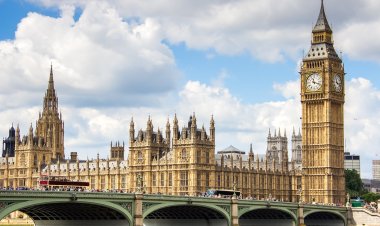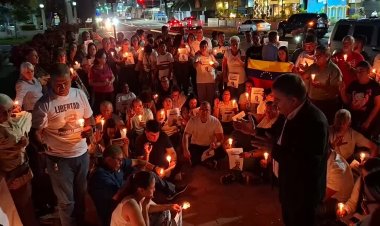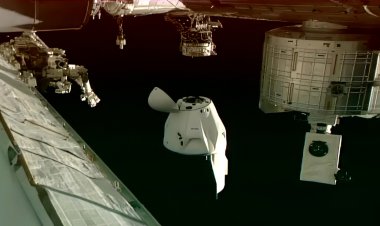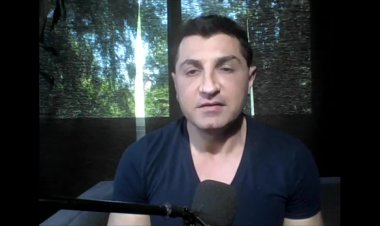Israel and Hezbollah sign historic ceasefire
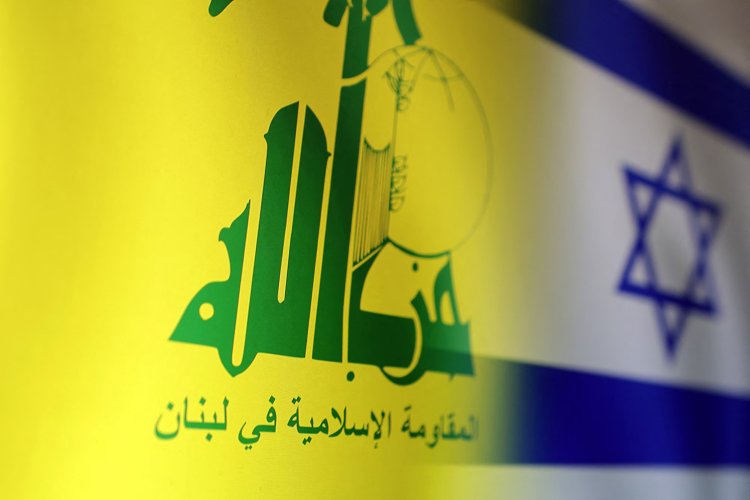
A historic ceasefire agreement between Israel and Hezbollah, brokered by the United States and France took effect , marking a significant diplomatic breakthrough in a region devastated by conflict. The Lebanese army is preparing to deploy to the country's south, though it has advised residents to delay their return until Israeli forces withdraw from Lebanese territory.
The agreement aims to end a conflict that has claimed thousands of lives since the Gaza war began last year. Biden announced that Israel would gradually withdraw its forces over 60 days while Lebanon's army would take control of the border region to prevent Hezbollah from rebuilding its infrastructure.
As the ceasefire residents of southern Lebanon began returning home despite some areas being heavily damaged. Many displaced families, facing financial pressure from temporary housing costs, were eager to return despite ongoing safety concerns.
Israeli Prime Minister Netanyahu, who supported the agreement in a 10-1 security cabinet vote, stated that Israel had significantly weakened Hezbollah, claiming to have eliminated top leaders and destroyed most of their military capabilities. He indicated the ceasefire would allow Israel to focus on threats from Iran while giving their military time to regroup.
Lebanon's Prime Minister Mikati welcomed the deal, with Foreign Minister Bou Habib announcing plans to deploy 5,000 troops in southern Lebanon following Israeli withdrawal.
A senior US official revealed that the U.S. and France would join UNIFIL peacekeeping forces to monitor ceasefire violations, though without deploying combat forces. In the hours leading up to the ceasefire, both sides engaged in final military actions, with Israel conducting airstrikes in Beirut and other Lebanese regions, while Hezbollah continued rocket fire into Israel.
The ceasefire promises to end a conflict across the Israeli-Lebanese border that has killed thousands of people since it was ignited by the Gaza war last year.




